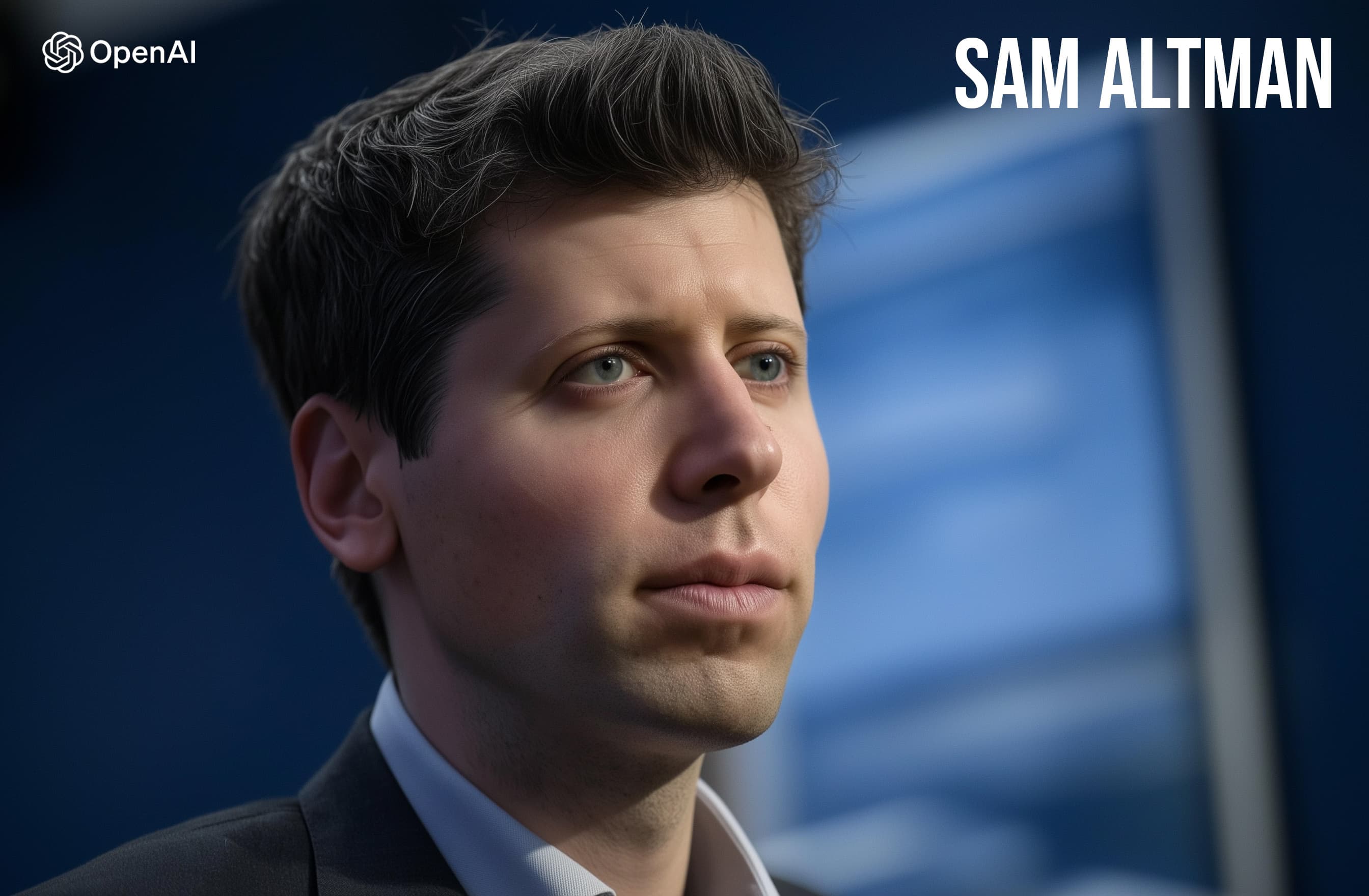Want to know who's next in line to join the tech billionaire club? Here's your guide:
These founders are solving massive problems
They're building the next generation of tech giants
Many are focused on AI, fintech, and design tools
Several have already hit unicorn status ($1B+ valuations)
Sam Altman Yasser Elsaid - Chatbase Patrick Collison - StripeJohn Collison - StripeEvan Spiegel - Snap Inc.Bobby Murphy - Snap Inc.Dylan Field - FigmaVlad Tenev - RobinhoodBaiju Bhatt - RobinhoodTobi Lütke - ShopifyDaniel Ek - SpotifyRyan Breslow - BoltHenrique Dubugras - BrexPedro Franceschi - BrexMelanie Perkins - CanvaCliff Obrecht - CanvaCameron Winklevoss - GeminiTyler Winklevoss - GeminiAlex Atallah - OpenSeaDevin Finzer - OpenSeaAlexis Ohanian - Reddit, Seven Seven SixPalmer Luckey - Oculus VR, Anduril IndustriesEmmett Shear - TwitchDrew Houston - DropboxStewart Butterfield - SlackAnne Wojcicki - 23andMeKatrina Lake - Stitch FixWhitney Wolfe Herd - BumbleTobias Lütke - ShopifyMelanie Perkins - Canva
These individuals represent a diverse range of tech sectors, from artificial intelligence and fintech to social media and e-commerce.
While some, like Sam Altman, have already achieved billionaire status, others are well on their way to joining this exclusive club.
The next generation of tech billionaires isn't chasing vanity metrics.
Companies like Chatbase show what's possible with focus on revenue.
They reached $3 million ARR in just 1 year.
This proves lean teams can outperform heavily funded startups.
Focus on building products customers willingly pay for.
Aim for at least $1M ARR before significant fundraising.
Every founder on this list is working directly with AI technology.
Some are building it.
Others are heavily integrating it.
Sam Altman's trajectory with OpenAI proves a key point: with the AI SEO market expected to reach $3.06 billion by 2033 , artificial intelligence isn't just a feature.
It's the foundation of future tech empires.
Whether you're building:
Developer tools
Consumer apps
Enterprise software
AI Chatbots
AI should be core to your product strategy.
Not an afterthought.
The difference between millions and billions often comes down to timing.
Look at the Collison brothers with Stripe:
They launched when online payments were painful but possible.
Not too early like failed 2000s payment startups.
Not too late like countless Stripe competitors.
Today's key opportunities lie in:
AI infrastructure (2024-2026) (Chatbase!)Climate tech (2025-2030) Biotech automation (2024-2027)
Social media can drive initial traction.
But sustainable growth comes from search traffic.
Companies need to invest in SEO early.
It's no coincidence that Canva, Figma, and Shopify rank for millions of keywords.
Working with specialized agencies can accelerate growth.
Consider partners like magicspace.agency for SaaS and AI companies.
Most founders took one of two paths:
Going public
Positioning for strategic acquisition
This requires:
Clean cap tables with professional investors
Strong unit economics ($3K+ LTV for B2B SaaS)
Clear market leadership in a growing category
Audited financials from Series A onward
As we continue to "Google future tech billionaires," let's remember that the true measure of success in technology isn't just about amassing wealth, but about creating innovations that positively impact the world and shape our collective future.




